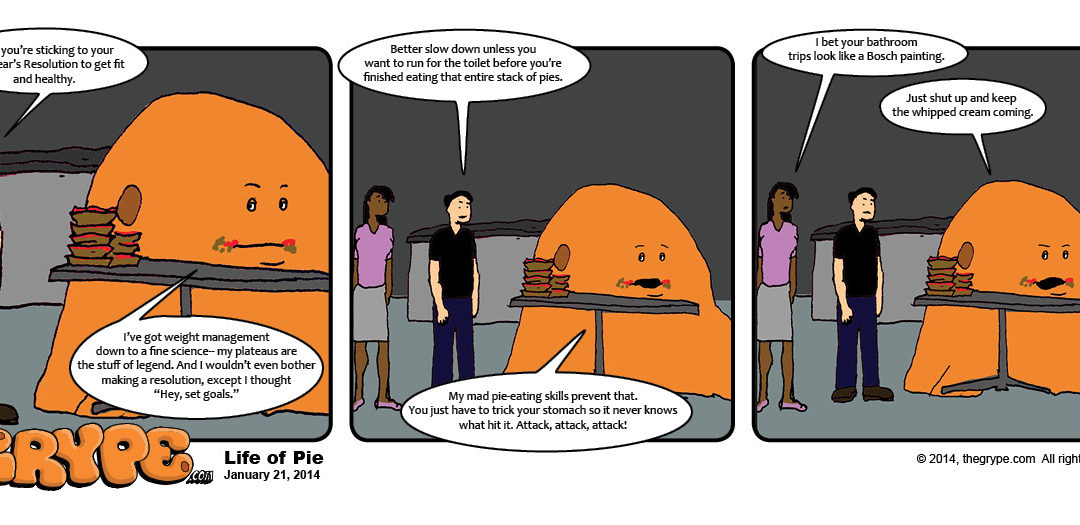 A few words about our ever-useful (if sometimes ravenous) economic system, upon which rest the hopes and well being of the Western world:
A few words about our ever-useful (if sometimes ravenous) economic system, upon which rest the hopes and well being of the Western world:
The god of capitalism is profit. In a capitalist environment, if a business venture of any kind wishes to survive, it must face and defeat the bottom line.
Ideally, capitalism requires balanced competition, with all parties competing on a level playing field. However, if left unchecked, capitalism creates a perverse stockpile of wealth so highly-concentrated in the hands of so few that they naturally monopolize. It happened at the end of the industrial revolution and spawned the robber barons, ultimately causing vast financial crises, anti-trust laws, workplace legislation, and reams of government regulation to hold it in check. In the last 40 years it has largely been allowed to happen again.
Capitalism is a mighty tool that should be used with great caution because it breeds corporatization, the ultimate goal of which is to attain monopoly. Left unchecked, corporatization eventually uses capitalism as a tool against itself, cannibalizing itself by consuming all competition. In a 100% pure capitalist corporate society, eventually there must be only one corporation left (probably WalMart). If that happens, the corporation essentially runs things like Orwell’s 1984… but instead of a totalitarian government, you have a totalitarian super-corporation that owns and dispenses pretty much everything.
That’s the difference between a “company” and a “corporation,” btw. A company exists to provide a product; a corporation exists to make money from the existence of such companies. A corporation MUST produce the greatest profit it can to assuage its shareholders. The moment it ceases to do so, if its assets are worth more than its current (or perceived future) income, it becomes vulnerable to liquidation. If that happens, it’s company gone, jobs and products discontinued, money made for the shareholding elite.
Still, capitalism isn’t a bad system over all, as long as everyone plays by the rules.
Provided there ARE rules. If not, corporatization sets in and businesses cease serving the needs of the common public, concentrating solely on making money from money. When that happens in the stock exchange and banking industry, everybody cheats and squeezes and fudges the line until the bubble bursts (see: 1987, 2008). When it happens in industry, the same thing occurs (see: Detroit automotive industry, circa 1991).
This is a complex problem. The best solution to which is NEVER “get rid of all the rules and everyone will probably play nice.” Because history shows that has NEVER worked. That’s the only reason government should EVER be involved in business, to fairly regulate it so there’s a level playing field (with the general welfare of the common citizenry constantly in mind).
But, wealth and power corrupt. So, here we are.

